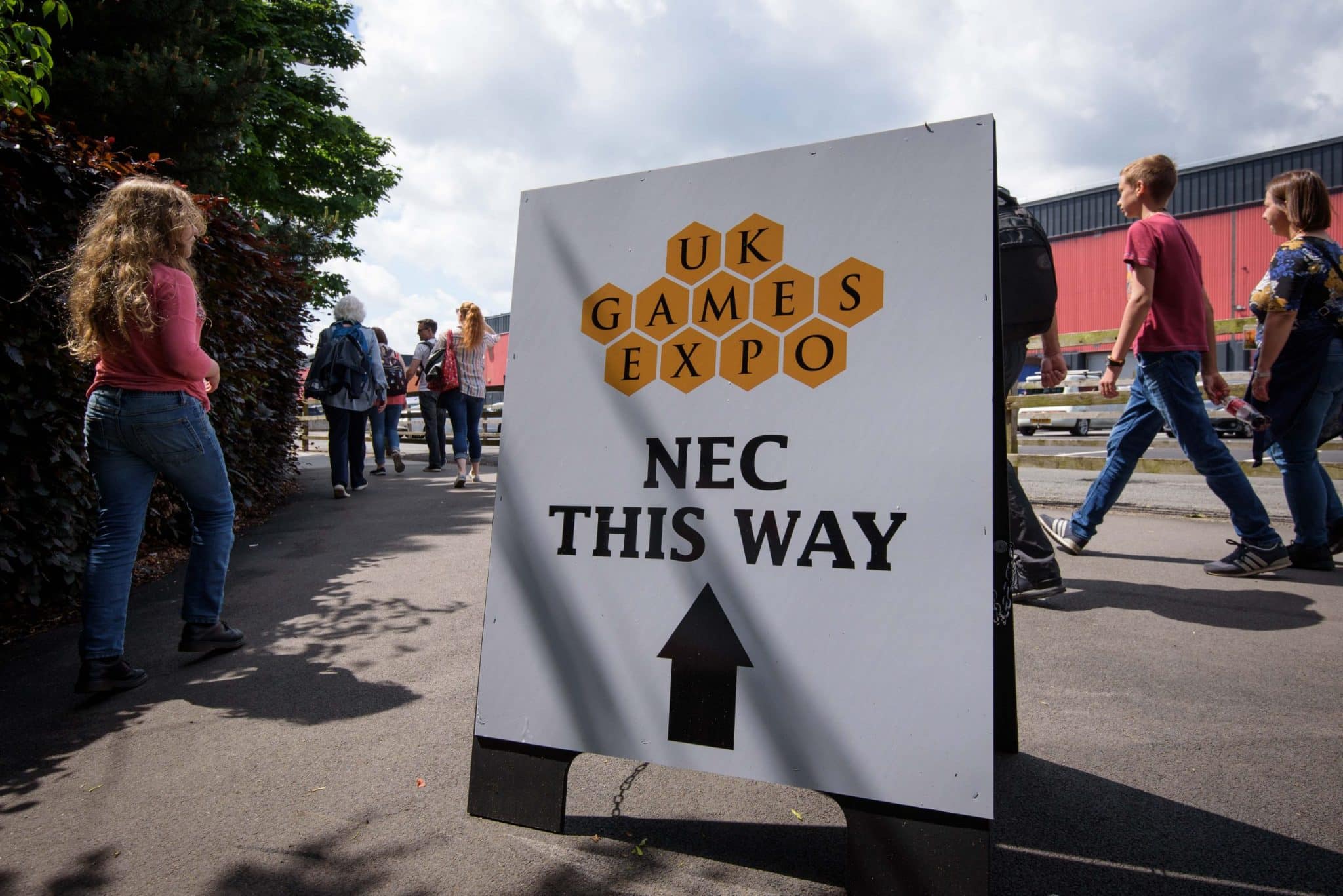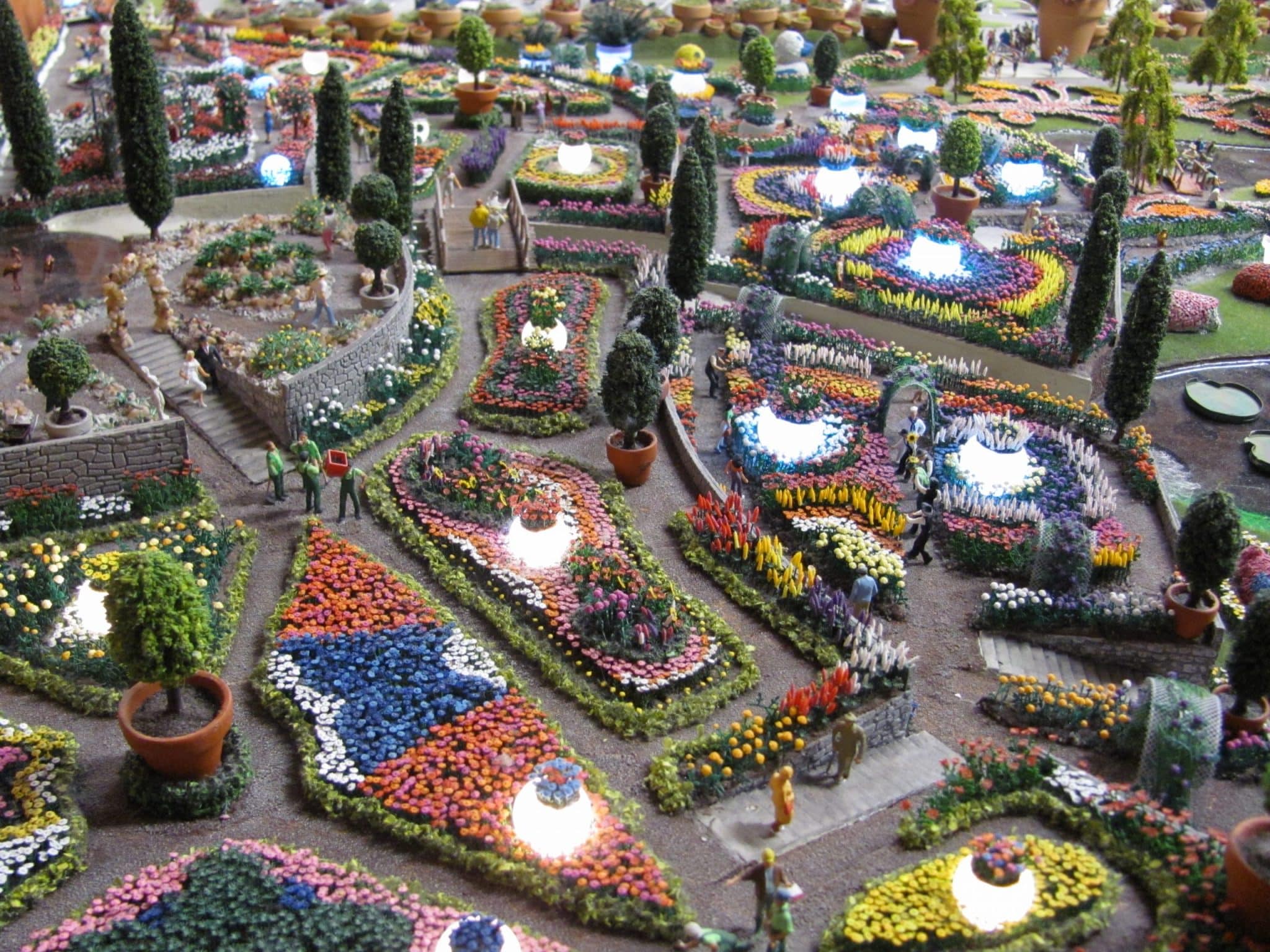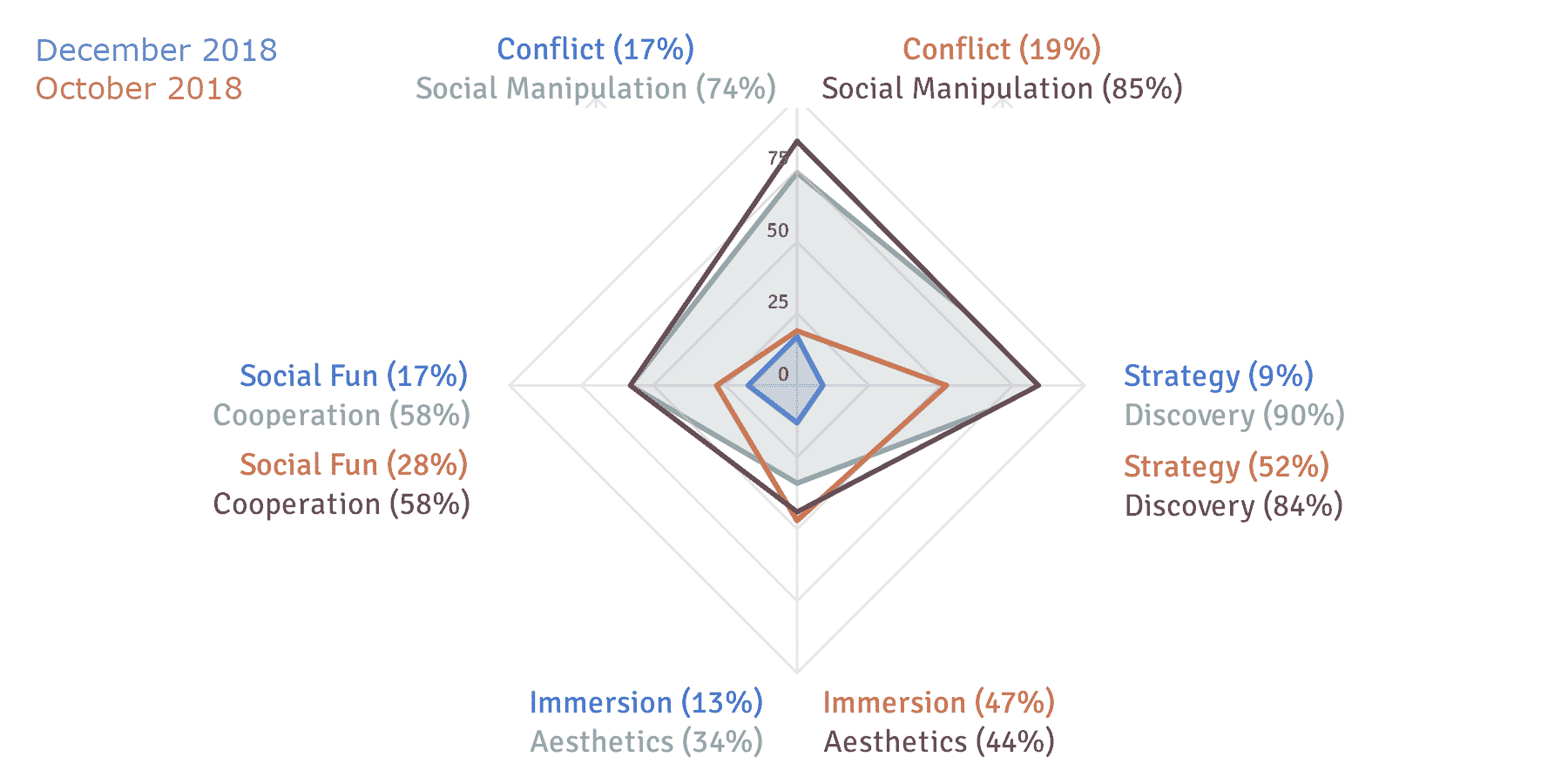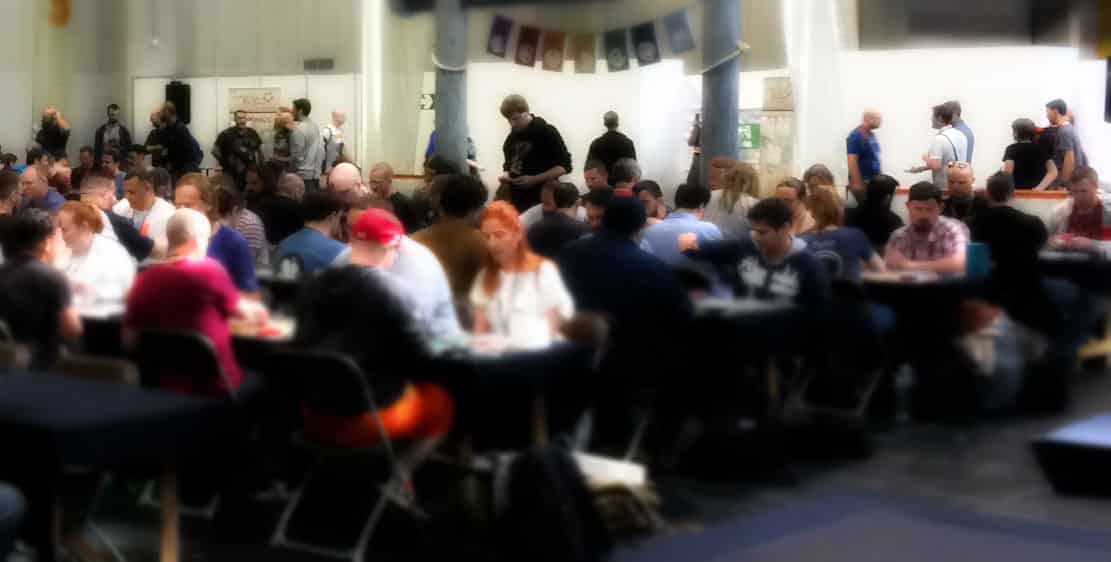Market prices
When you look at buying a modern tabletop game, you will have a rough idea as to how much you think it is worth - or you will have some sort of budget in your head that you want to stick to, and which guides you to the sort of games that you think you can afford.











